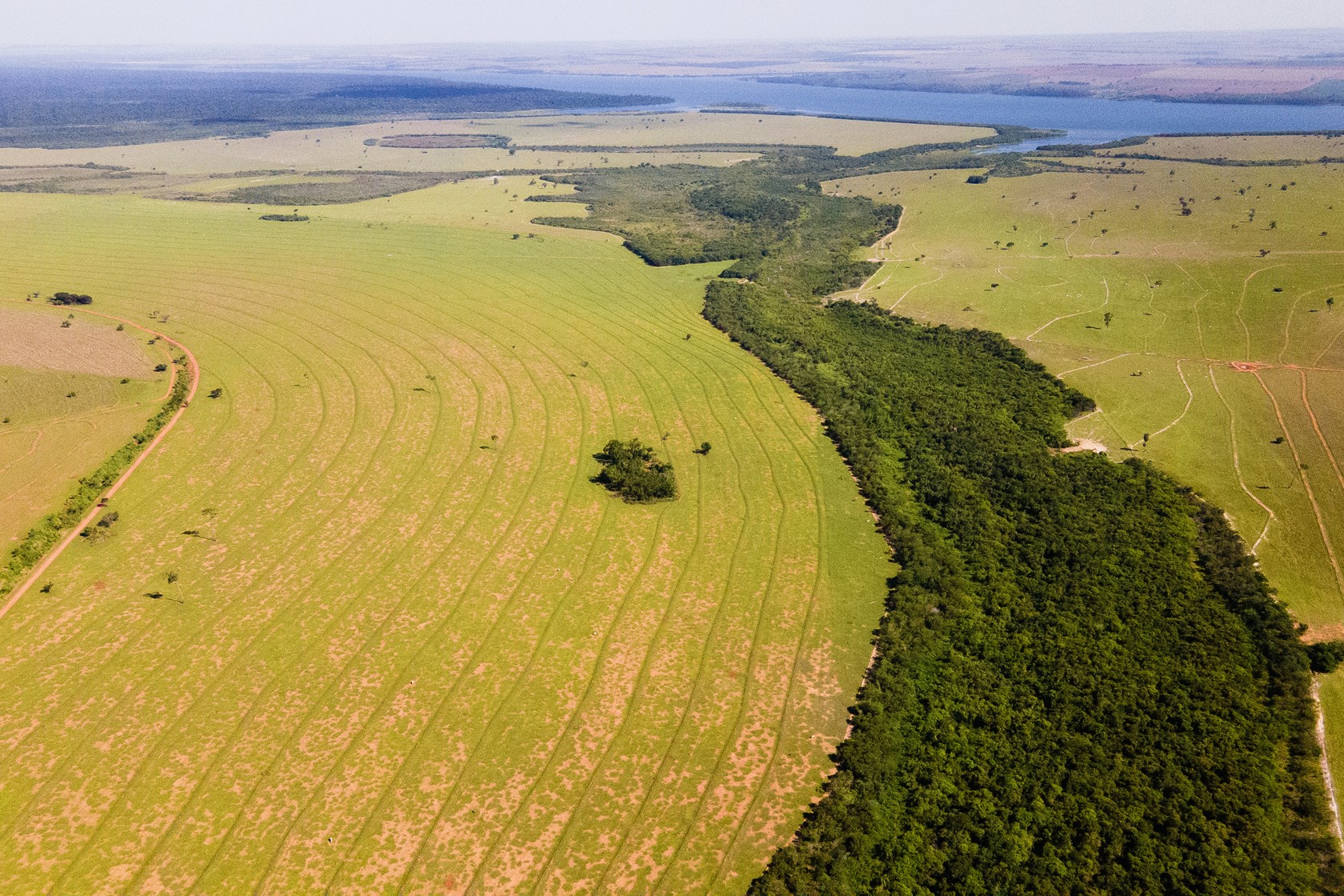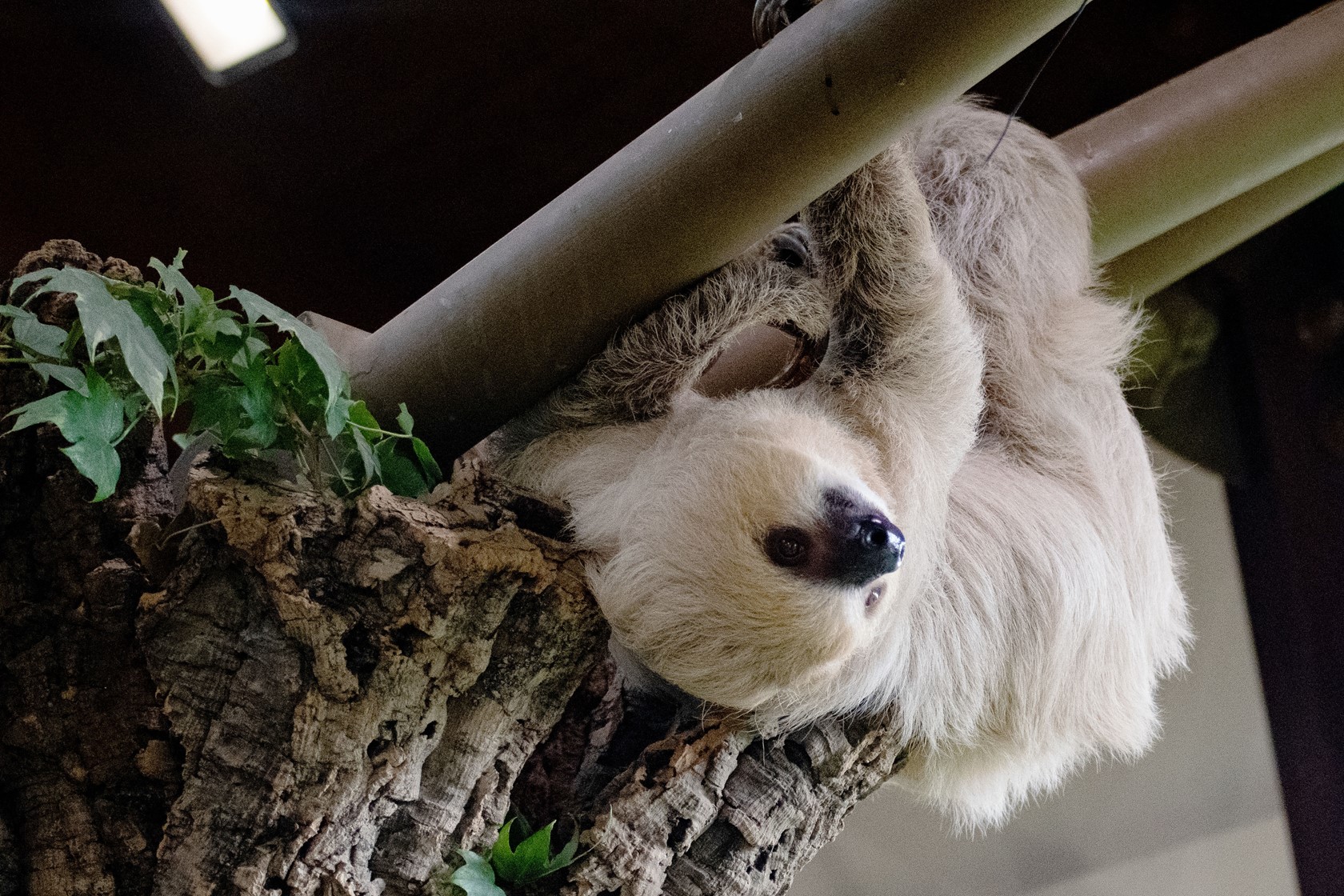Meet the team: Hanitra Rakotojaona, Community Conservation and Rural Development Coordinator
Hanitra Rakotojaona is the Head of Community Conservation for Durrell in Madagascar. Hanitra leads our conservation livelihoods work in the country, which involves engaging the local communities in the protection of native species and habitats, while also improving their health and wellbeing.

What led you to a career in wildlife conservation?
I have always been passionate about the environment and its wildlife because of the natural wealth of Madagascar. Although professionally I focused more on rural development and poverty alleviation, my work always involved ensuring the preservation and protection of our natural resources and biodiversity. When I saw the opportunity offered by Durrell, I did not hesitate to apply because it was a chance for me to use my skills to improve the living conditions of communities, while also being able to ensure the protection of our unique and highly threatened biodiversity.
Tell us about your role at Durrell and what you did before working here.
As community conservation is an important part of Durrell’s work in Madagascar, my role involves identifying and developing community-based conservation strategies and actions that can support the different conservation projects across the country. I am involved in the development of our conservation livelihood projects, where I coordinate with the field-based team, local communities, and partners to implement each strategy. Previously I worked for a national rural development programme funded by the World Bank as an Environmental and Social Safeguard Specialist. Then I joined a US humanitarian NGO, where I was leading the livelihood, humanitarian assistance, and disaster and risk reduction actions. I joined the Durrell team in 2014.
What has been your most memorable moment since working at Durrell?
I will never forget when Cyclone Belna hit Madagascar in December 2019, severely affecting the protected area of Baly Bay, which is home to the village communities involved in the protection of the ploughshare tortoise. Thanks to Jersey Overseas Aid (JOA), my team and I were able to distribute emergency provisions, including food, blankets and various kitchen supplies, to 813 affected households and renovate eight schools and one village office. This was my first emergency aid response since starting at Durrell and it had a huge impact on me.

What do you enjoy most about your work and what is the most challenging part?
I love working in the field and discovering and observing what is happening at Durrell’s rewilding sites via my colleagues and the communities that live there. My job allows me to interact and collaborate with many different people and I am always learning new ways of doing my job. Given the high level of poverty in Madagascar, the interests of wildlife conservation often take a back seat to our leaders and the majority of the population, despite all the efforts made. It hurts to see how fast our natural resources are disappearing and how often we are powerless to the problems.
What would you most like to see for the local communities you work with?
I hope to encourage a palpable behaviour change within our communities and inspire a greater sense of responsibility for the protection and safeguarding of Madagascar’s unique species, habitats, and natural resources. In the long term, the goal is to revive the pride of our communities so that they become the local driving forces that help solve the problems of environmental destruction without waiting for high level solutions from the state or donors.

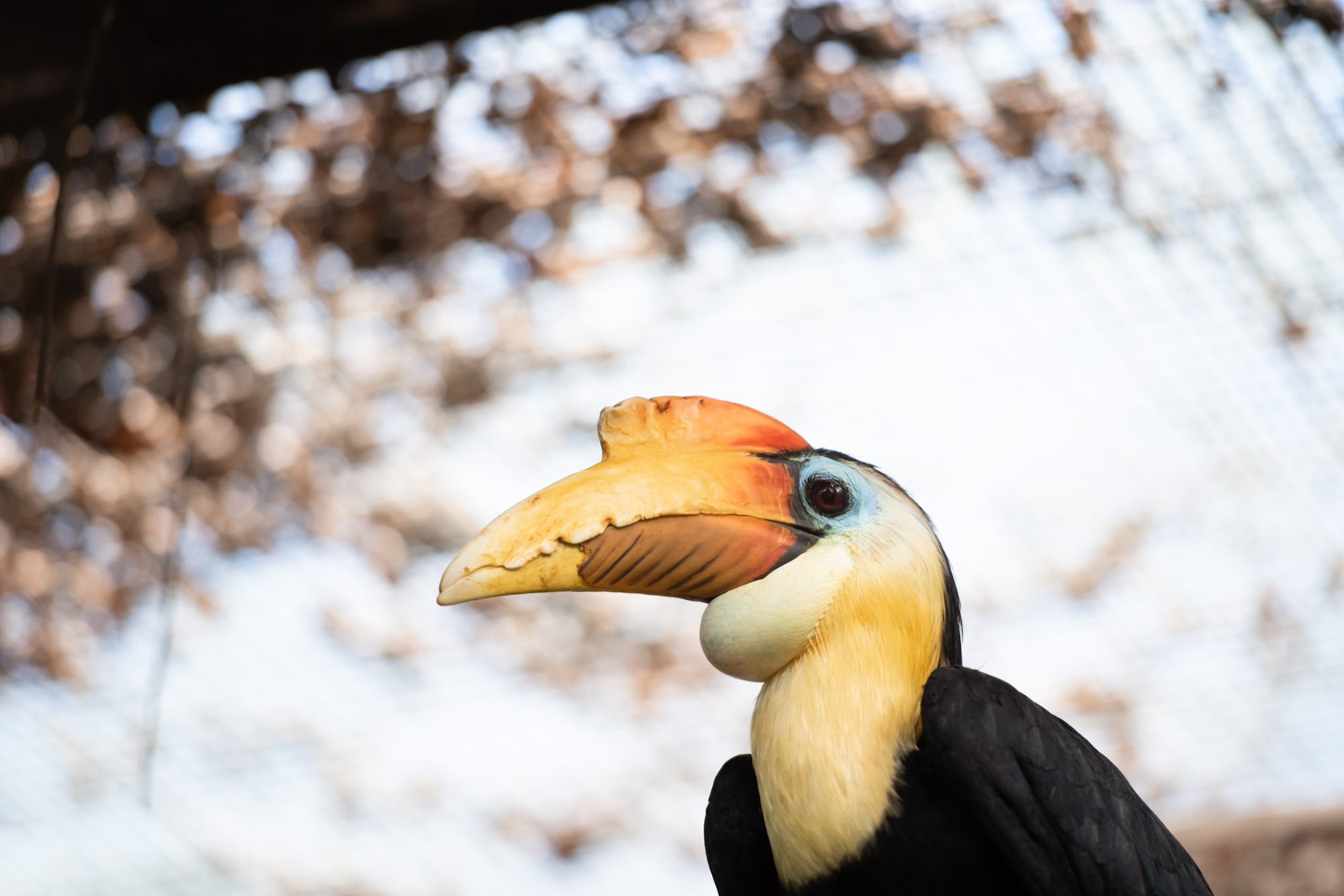
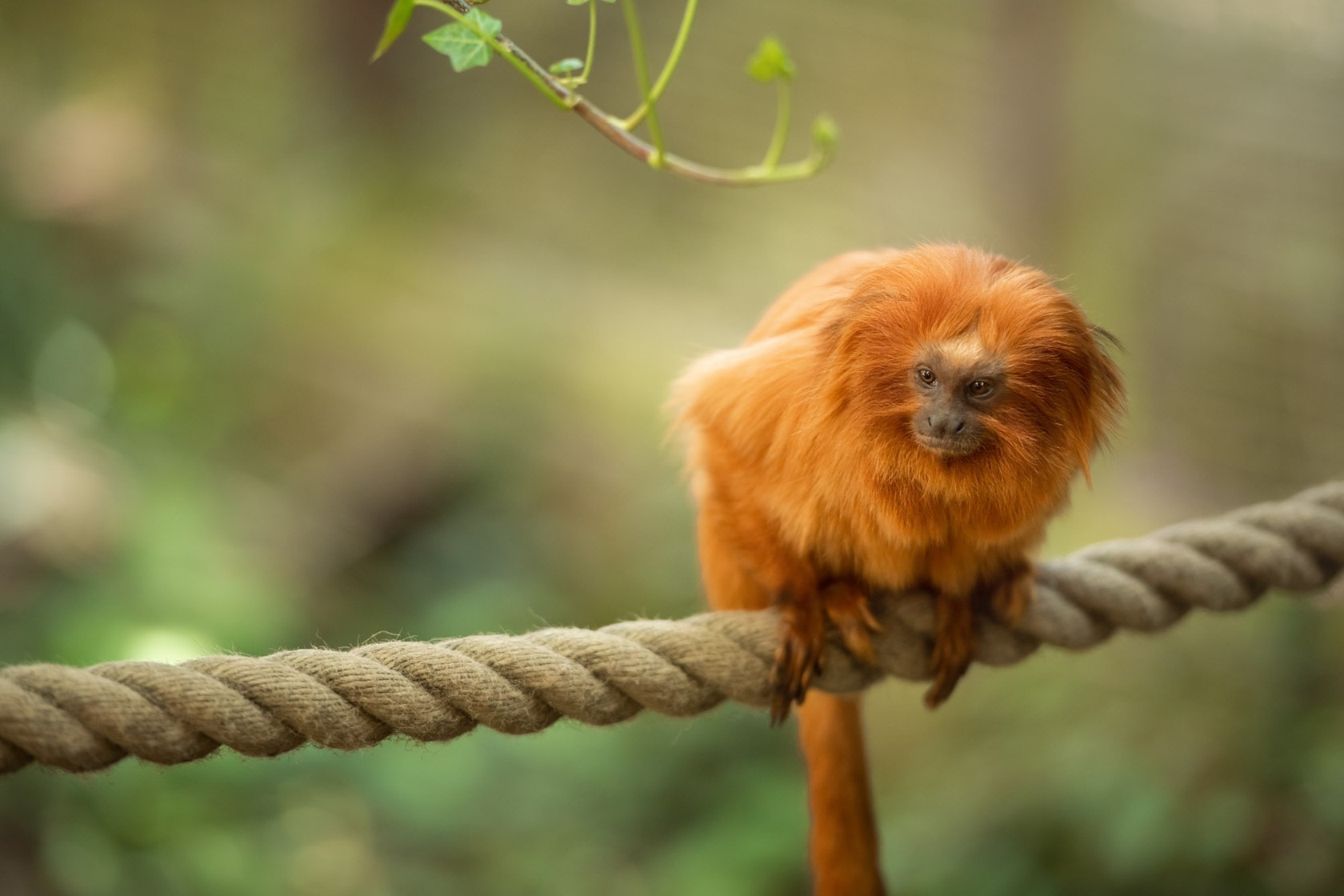
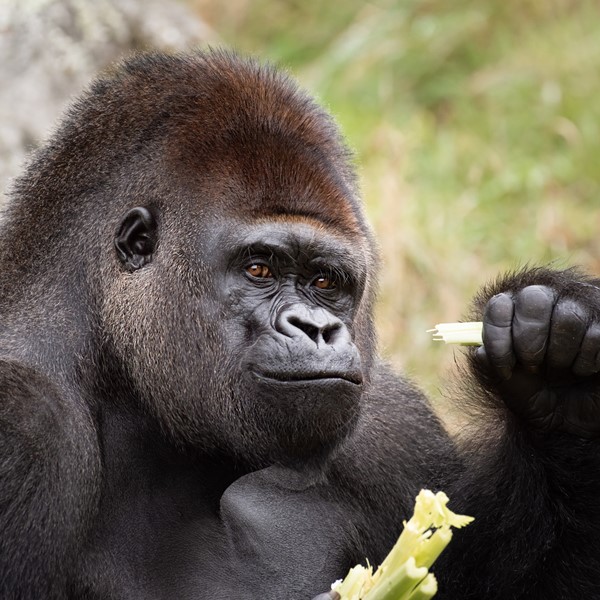 Mammals
Mammals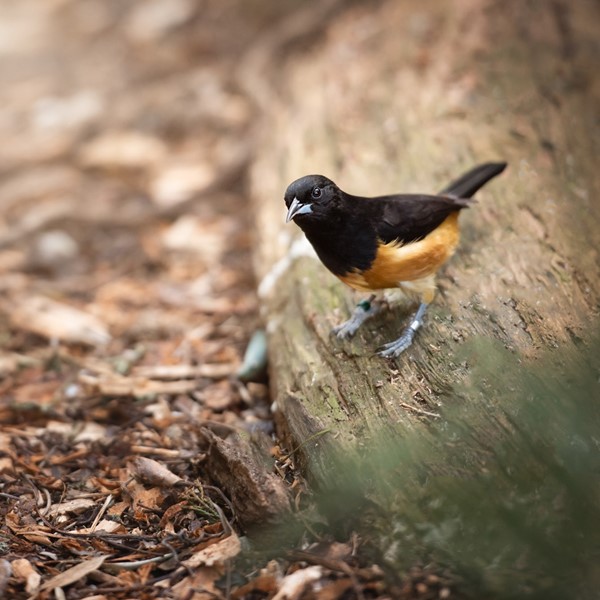 Birds
Birds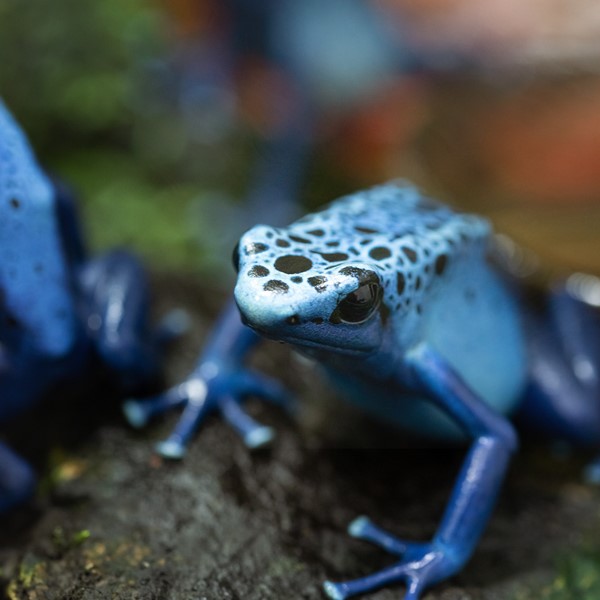 Amphibians
Amphibians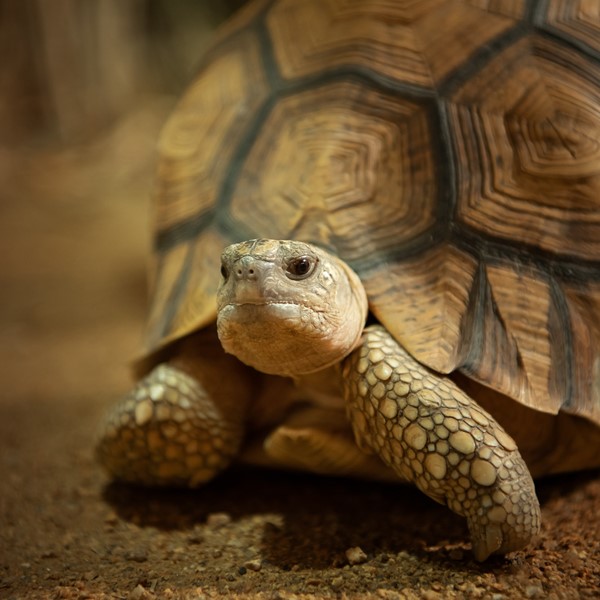 Reptiles
Reptiles
